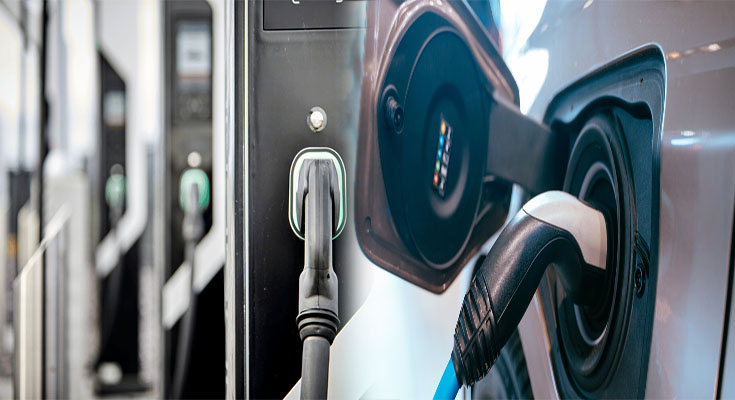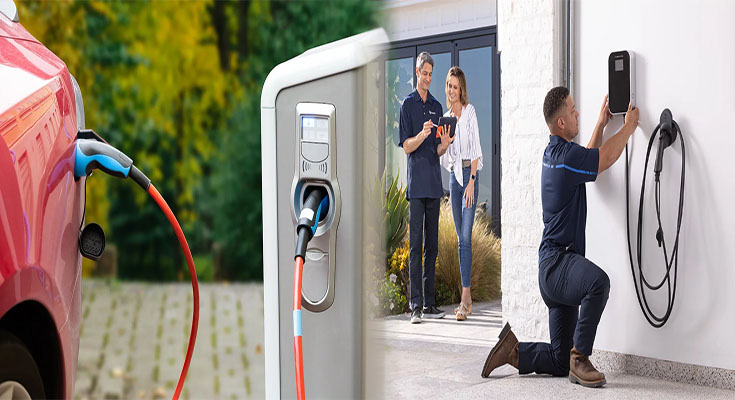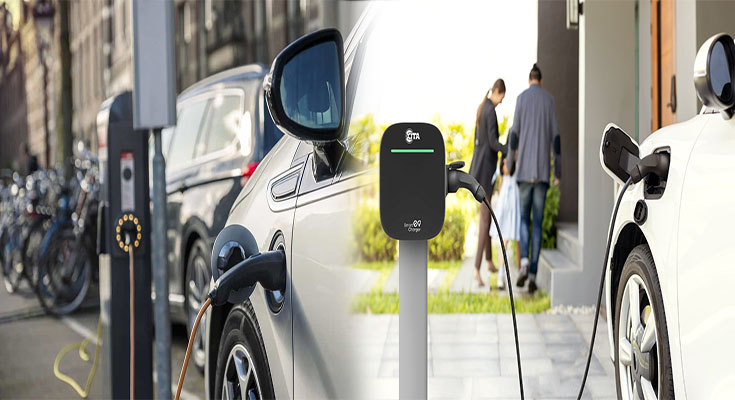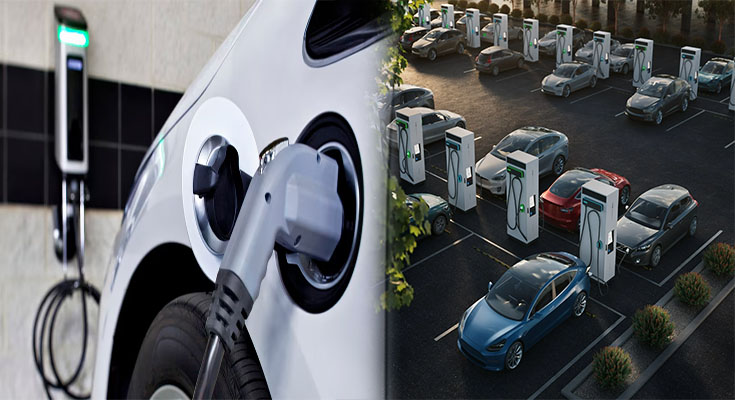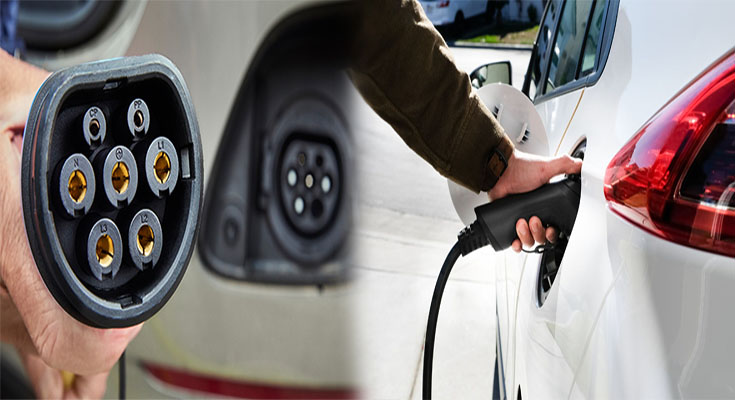
Benefits of Different Types of EV Charging Stations for Fleet Vehicles
Electric vehicles (EVs) are becoming increasingly popular choices for fleet vehicles due to their environmental sustainability and cost-saving advantages. When it comes to charging these EV fleet vehicles, selecting the right type of EV charging station is essential to optimize fleet operations and maximize efficiency. Here are some key benefits of different types of EV charging stations for fleet vehicles:
1. Level 1 Charging Stations
- Convenience: Level 1 charging stations, which operate on a standard 120-volt household outlet, are the most basic form of EV charging. These stations are ideal for overnight charging, making them a convenient and cost-effective option for fleet vehicles that can be parked for extended periods.
- Low Cost: Since Level 1 chargers require minimal installation and equipment costs, they are a budget-friendly option for fleet operators looking to introduce EVs into their vehicle lineup without significant upfront investment.
2. Level 2 Charging Stations
- Faster Charging: Level


